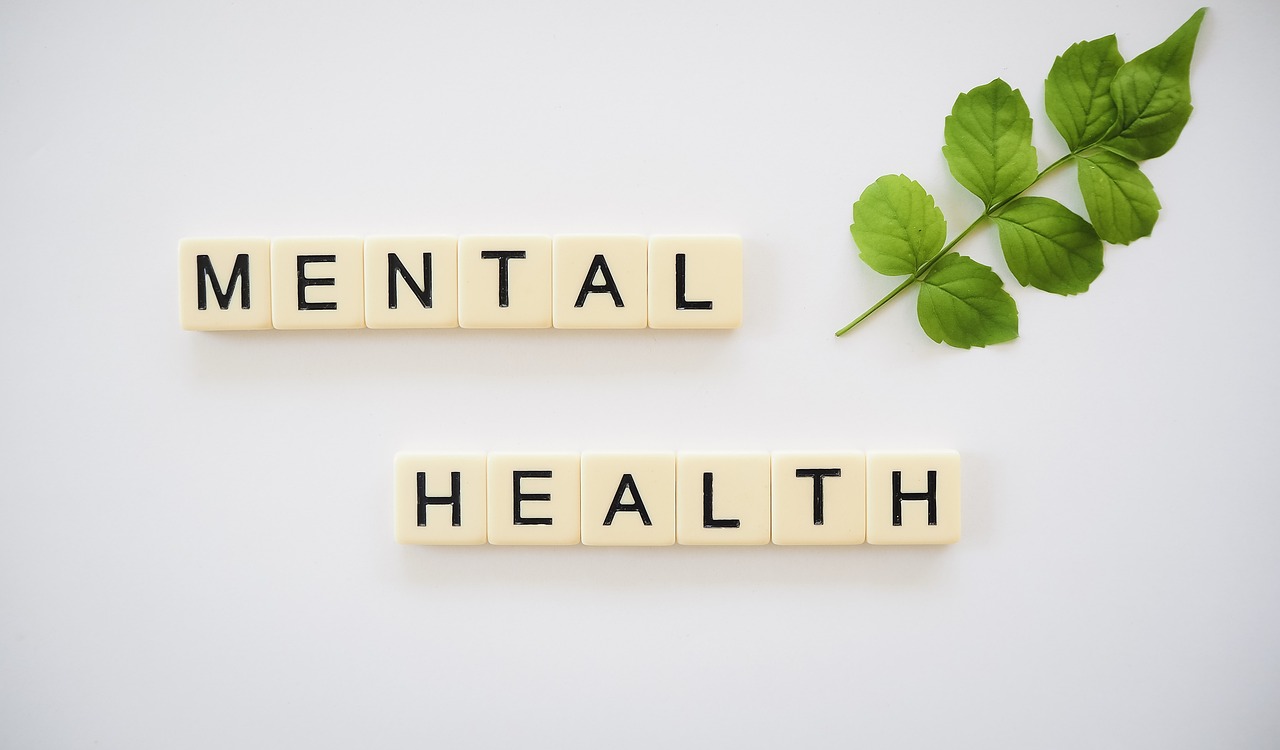
National Minority Mental Health Month is observed in July to increase awareness about the importance of mental health in diverse communities. It is a time to shed light on the unique struggles and challenges that minority groups face when it comes to accessing and receiving mental health services.
According to the Substance Abuse and Mental Health Services Administration (SAMHSA), individuals from minority communities are less likely to seek help for mental health concerns, and they often receive lower quality care when they do seek help. This is due to a variety of factors, including lack of access to care, stigma surrounding mental health, and cultural barriers.
It is important to recognize that mental health affects everyone, regardless of race, ethnicity, gender identity, sexual orientation, or any other aspect of one’s identity. However, minority communities may face additional stressors, such as discrimination, racism, and systemic oppression, which can lead to negative impacts on mental health.
If you or someone you know is struggling with mental health, it is important to seek help from a qualified professional. There are many resources available to help individuals from diverse backgrounds find mental health support, including counselors and therapists who specialize in working with specific populations.
Here are some tips for observing National Minority Mental Health Month:
- Educate yourself and others: Take the time to learn about the unique mental health challenges that minority groups face. Share what you learn with others to help reduce the stigma surrounding mental health and promote understanding.
- Support mental health organizations that focus on minority communities: There are many organizations that work to improve mental health services and support for people from minority communities. Consider donating your time, money, or resources to support these organizations.
- Advocate for improved mental health services: Speak out about the need for increased access to mental health care in minority communities. Write to your elected officials, participate in advocacy efforts, and share your story to help raise awareness.
- Take care of yourself: It is important to prioritize your own mental health, especially during times of stress and uncertainty. This can include practicing self-care, seeking support from loved ones, and speaking with a mental health professional if needed.
- Utilize resources for support: If you or someone you know is struggling with mental health, there are resources available to help. The National Alliance on Mental Illness (NAMI) provides information and support for individuals and families, and the Substance Abuse and Mental Health Services Administration (SAMHSA) offers a treatment locator to help individuals find mental health services in their area.
Remember, it is never too late to seek help for mental health concerns. Seeking help can make a significant difference in your overall well-being and quality of life. If you or someone you know is in crisis, call the National Suicide Prevention Lifeline at 988 or 1-800-273-TALK (8255) for immediate support.
For more information about National Minority Mental Health Month, visit the official website of the National Alliance on Mental Illness at https://www.nami.org/Get-Involved/Awareness-Events/Minority-Mental-Health-Awareness-Month.

